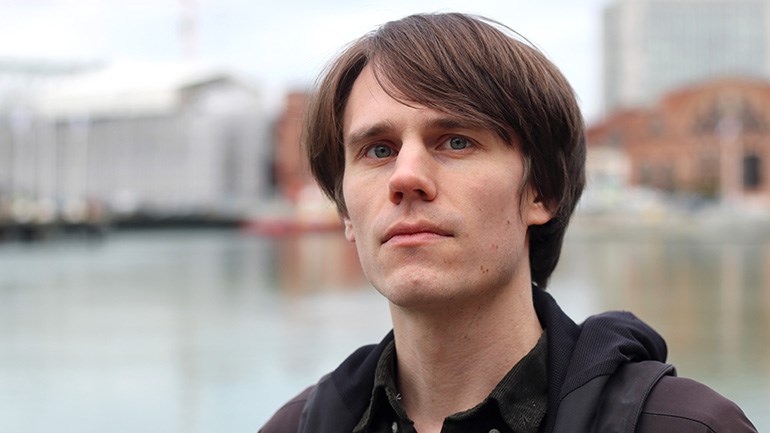Migrants struggle to get to know Sweden and the Swedes

Many migrants try to get to know their neighbours, but are met with a shrug, found researcher Måns Lundstedt.
The way migrants fit into society is school, work or community life. But in Sweden, research has shown it is difficult to get to know both the country and the Swedes. This was identified by an interim report in a larger EU project on integration conducted after the refugee crisis in 2015.
“What is striking is the strong sense of isolation that many people feel. That is where Sweden seems to stand out compared to many other countries,” says Måns Lundstedt, a researcher at Malmö University.
A feeling of great loneliness is experienced, and it is difficult to enter society.
Måns Lundstedt
Lundstedt is a researcher within the EU-funded project Whole-Comm which analyses how small and medium-sized communities met the challenges that arose in the wake of the increased immigration across Europe. The aim is to find proposals for solutions that involve the whole community in the integration process, and which should be able to be used in different countries.
Through focus groups and interviews with migrants who have lived for varying lengths of time in Sweden, Lundstedt has investigated the social dimensions of coming to Sweden. The people's stories show that positive integration experiences are linked to the creation and maintenance of meaningful social ties in three arenas: at school, in civil society associations, and especially at work. In these contexts, migrants can improve their language skills, find connections to better employment, and gain a stronger sense of belonging.
“It is very unusual for friends and acquaintances to be made, for example, on the bus. It is not primarily racism, but rather indifference they say they encountered when they came to Sweden,” says Lundstedt.
Even for those who manage to find their way into employment, education, or civil society associations, new barriers quickly appeared. On the labour market, solitary work, time-limited contracts and de facto segregation at the workplace are only some of the barriers that the interviewees encounter. Integration in school mostly applies to migrants who came to Sweden at a young age; those who arrived as teenagers state that they are met with the same indifference as in the surrounding society, and few manage to make friends among the native-born youth. Nor does associational life guarantee long-term contacts, as that requires time, personal commitment, and common interests.
At the same time, many of those interviewed feel that the indifference they experience "protects" them from more direct expressions of racism and hostility. An interviewee said that "the best thing about Sweden is that even though you hate us, you don't say anything. You just go on your way.” Many of the participants in the study also believed that racism was something that happened in other cities, on the Internet, and possibly the Government.
Lundstedt emphasises that there are, of course, success stories in the interviews, but that overall it is a "very grim picture that is painted."
“A feeling of great loneliness is experienced, and it is difficult to enter society. They have the worst jobs or rely on benefits. That, together with a lack of social contacts, contributes to social marginalization and deteriorating mental health,” concludes Lundstedt.
Text: Magnus Jando & Adrian Grist
More about the research and the researcher
Whole COMM is a three-year research project exploring the integration of migrants after 2014 in 49 small and medium-sized cities and rural areas in eight EU countries, Turkey and Canada. Whole-COMM aims to make a concrete contribution to the design of innovative and effective policies, involving stakeholders at European, national and local level. This is to build more cohesive and resilient communities that can proactively embrace change.